Mayor in the Seine, surfers in Tahiti…
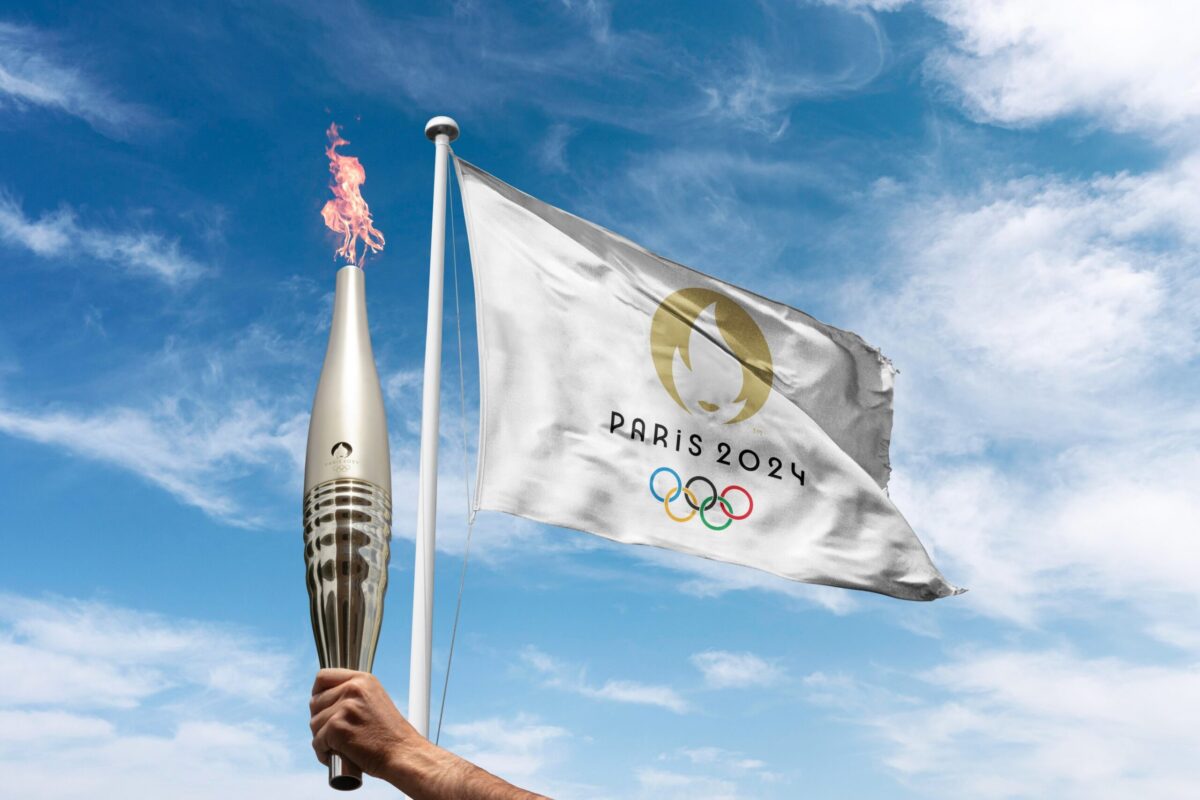
At the XXXIII Olympiad, breakdancing is featured as an Olympic event for the first time, swimming in the Seine is officially allowed for the first time in 100 years (starting from 2025), sailing takes place in Marseille, surfing is done on the waves of the Pacific Ocean in Tahiti in French Polynesia, and these are also the first Games in the past 40 years without one of the permanent members of the UN Security Council participating, which says a lot about the state of the world 35 years after the fall of the Berlin Wall.
A photograph of Paris Mayor Anne Hidalgo wearing a diving suit and swimming goggles, swimming in the Seine nine days before the start of the Summer Olympics, has travelled around the world and will likely be remembered as one of those iconic scenes associated with an event.
Hidalgo dove into the river near City Hall, her office, and Notre-Dame Cathedral, joined by Olympic Games committee president Tony Estanguet and the prefect of Île-de-France, Marc Guillaume.
“This is happiness. We’ve dreamed of this for years, we worked very, very hard. The water is very good, a bit cold, but not too much,” she said, adding that the river is clean enough to host the open water swimming competition during the 2024 Olympics and the opening ceremony! “Parisien” reported her words. The mayor noted that the Olympics had been a driving force and accelerator, but that the French must “adapt their cities to the climate and find a river.
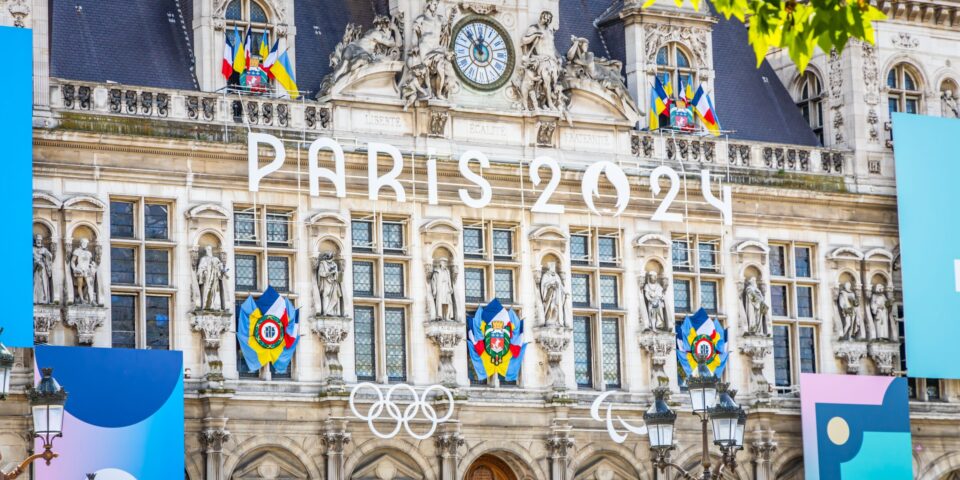
Her move is part of an effort to demonstrate that the cleanliness of the Seine has improved ahead of the Summer Games, which began on July 26 with a lavish outdoor ceremony featuring a parade of athletes on boats on the Seine. Since 2015, organizers have invested substantial funds—$1.5 billion—to prepare the Seine for the Olympics and to ensure that Parisians and city visitors enjoy a cleaner river in the years following the games. The major components of this project included the construction of a massive underground water storage reservoir in central Paris, the renovation of sewer infrastructure, and upgrades to wastewater treatment facilities.
Despite constant promises from politicians to clean the river, swimming in the Seine has been prohibited for over a century. Jacques Chirac, former President of France, made a similar promise in 1988 when he was the mayor of Paris, but it was never fulfilled. Chirac, who was campaigning for a third term at the time, promised that year to clean the river as part of his “Clean Seine” program. The future President of the Republic then anticipated a five-year period to clean the river, not realizing that it would take 36 years to achieve. Hidalgo followed in the footsteps of French Sports Minister Amélie Oudéa-Castéra, who swam in the river a few days earlier in a diving suit. The Seine will host several open water swimming events during the games, including marathon swimming at the Olympics and swimming stages of the Olympic and Paralympic triathlons.
As a media partner of the Serbian Olympic Committee, I have been to Beijing in 2008, London in 2012, and Rio in 2016. I skipped the Tokyo Games in 2021, which were held a year later than scheduled due to the pandemic, as did most other potential visitors.
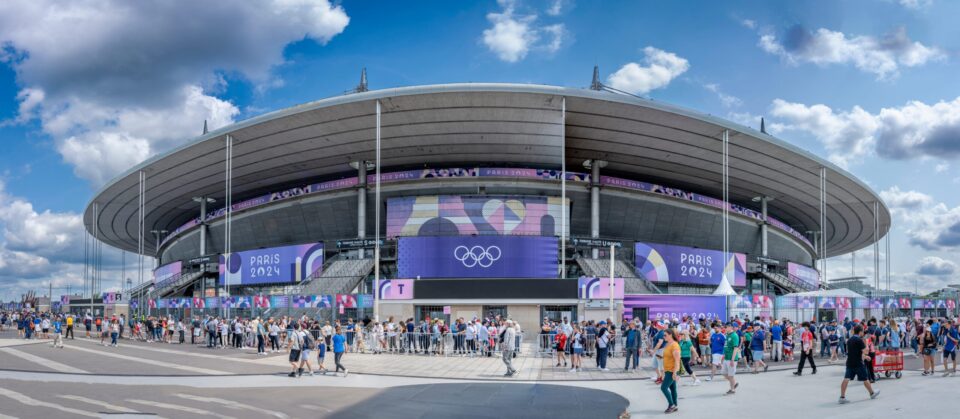
The Summer Olympic Games 2024 (Jeux olympiques d’été de 2024), officially known as the “Games of the XXXIII Olympiad” (Jeux de la XXXIIIe Olympiade), will take place from July 26 to August 11, 2024, in Paris and a few other cities in France. After previously hosting the Games in 1900 and 1924, Paris, along with London (1908, 1948, and 2012), becomes the second city to host the Summer Olympics three times. The 2024 Games also mark the centennial of the 1924 Olympics. France will host the Games for the sixth time, including both Summer and Winter Olympics. In addition to Paris and its suburbs, certain sports events will be held in other locations across France and its overseas territories. Handball and basketball competitions will take place in Lille, sailing in Marseille, surfing in Tahiti in French Polynesia, and the football tournament will be held across France.
For the 2024 Summer Olympics, six cities were in contention: Paris, Hamburg, Boston, Budapest, Rome, and Los Angeles. On July 27, 2015, Boston decided to withdraw its bid to host the Games. Hamburg withdrew its bid on November 29, 2015, following a referendum, and Rome withdrew on September 21, 2016, citing financial issues. Budapest withdrew on February 22, 2017, after 260,000 people signed a petition against the bid. Following these withdrawals, the IOC Executive Board met in Lausanne on June 9, 2017, to discuss the host city selection for 2024 and 2028. The International Olympic Committee officially proposed that the host cities for the 2024 and 2028 Olympics be selected simultaneously in 2017. This proposal was approved at an extraordinary IOC session in Lausanne on July 11, 2017. At the 131st IOC Session in Lima on September 13, 2017, Paris was chosen as the host for the 2024 Summer Olympics, and Los Angeles was chosen for the 2028 Summer Olympics. In July 2021, Brisbane, Australia, was selected as the host for the 2032 Summer Olympics. This will be the third Olympics on this continent (Melbourne 1956 and Sydney 2000) and the fourth held in the Southern Hemisphere (Rio de Janeiro 2016).
During the Summer Olympics in Paris, 329 events will be held across 32 sports, including 28 “core” Olympic sports that were featured in 2016 and 2020, and four additional sports proposed by the Paris Organizing Committee. Breakdancing will make its Olympic debut while skateboarding, sport climbing, and surfing will return to the Games.
Following the Russian invasion of Ukraine in 2022, the IOC suspended the National Olympic Committees of Russia and Belarus due to violations of the Olympic truce. Russian and Belarusian athletes will instead compete as “Individual Neutral Athletes” (INA) without national identification. As individual athletes, they will not be considered part of a delegation during the opening ceremony or in the medal tally.
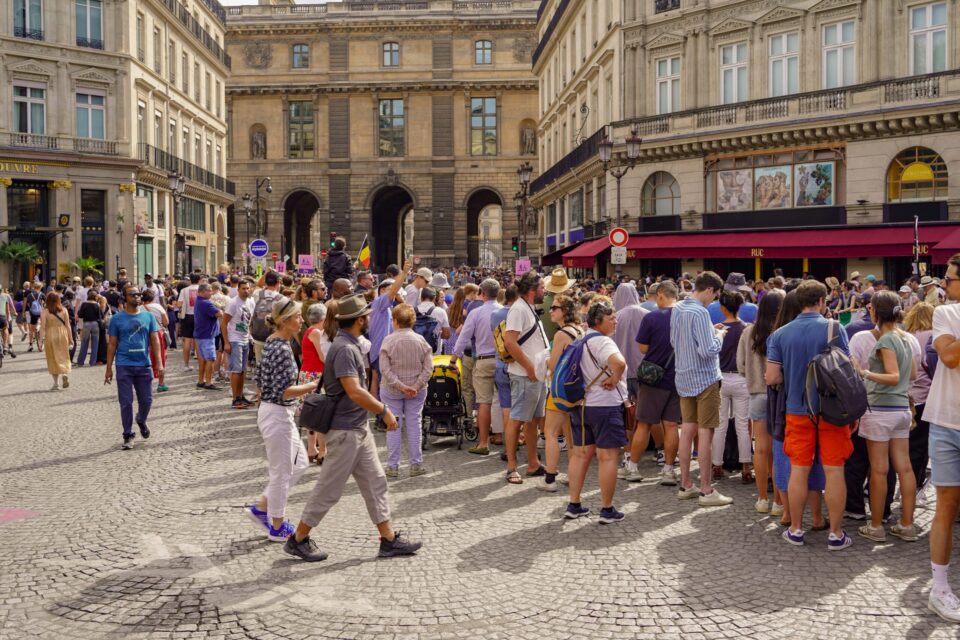
Of course, this is not the first time politics has intervened in the modern Olympics. One of my favourite stories is about the “People’s Olympiad,” which was to be held in Barcelona in 1936 and was intended for countries and athletes who wanted to boycott the “Hitler Olympics” in Berlin. This event was the first attempt at a boycott in the history of the modern Olympics.
In 1931, the IOC decided at a meeting in Barcelona that Berlin, the prosperous and liberal capital of the Weimar Republic, would host the 1936 Olympic Games. Berlin won over Barcelona, which was also a candidate, by a majority vote of 43 to 16. Subsequent events led to the rise of Adolf Hitler’s Nazis in Germany, while Spain became a republic. The new republican government of Spain, supported by the regional Government of Catalonia, decided to organize the “People’s Olympiad.” The idea was to use hotels built for the 1929 International Exhibition in Barcelona as the Olympic Village. The games were planned to be held from July 19 to 26, 1936, ending six days before the Berlin Olympics.
6,000 athletes from 49 countries signed up for the People’s Olympiad, including from the US, the UK, the Netherlands, Belgium, Czechoslovakia, Denmark, Norway, Sweden, and French Algeria. There were also teams from Germany and Italy composed of athletes in exile who opposed the repressive regimes in Berlin and Rome. Although Stalin’s USSR had its version of the Olympics called the “Spartakiad,” organized by Red Sport International, they agreed to participate in Barcelona as well.
However, on the day before the scheduled start of the People’s Olympiad in Barcelona, the Spanish Civil War began, and the event was never held. Many athletes who had arrived in Barcelona stayed in Spain to fight on the side of the Republicans against Franco.
Throughout its history, there have been complete boycotts on six occasions, all of which were Summer Olympic Games. The first boycott occurred at the 1956 Melbourne Olympics. Due to the Suez Crisis and the Israeli invasion of Egypt, Egypt, Iraq, Lebanon, the Netherlands, Cambodia, Spain, Switzerland, and China boycotted the Games. The 1964 Tokyo Olympics were boycotted by North Korea, Indonesia, and China.
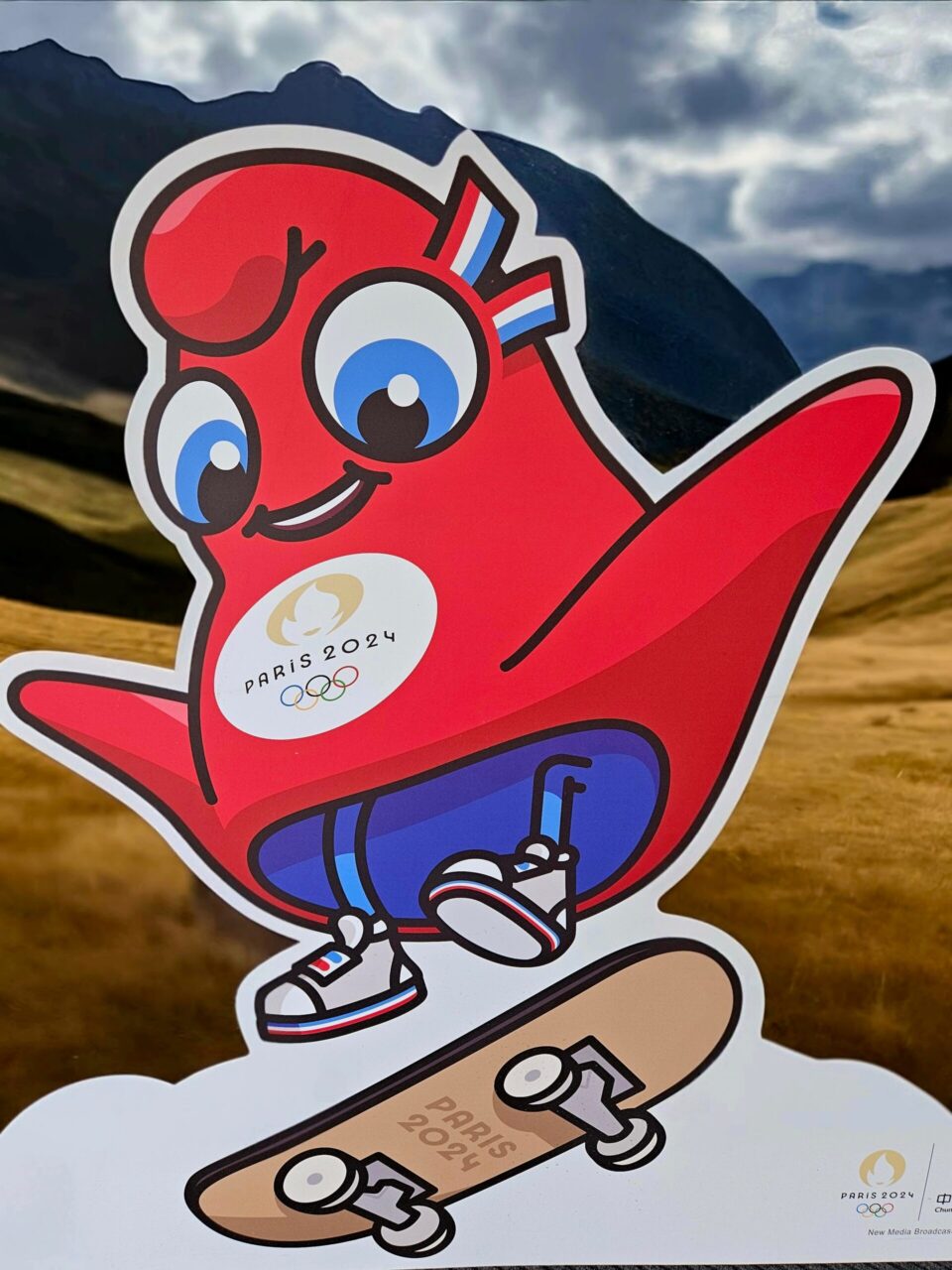
Rhodesia was denied entry when its invitation to the 1972 Summer Olympics was withdrawn by the International Olympic Committee following protests from other African countries. South Africa was not invited to the 1964 Games, and its invitation to the 1968 Games was withdrawn after numerous other teams threatened to withdraw. Due to apartheid policies, South Africa was not allowed to return to the Olympics until the 1992 Summer Games.
The Montreal 1976 Olympics were boycotted by 28 countries, mainly from Africa because New Zealand was allowed to participate despite its rugby team continuing to play matches with South Africa. The 1980 Moscow Summer Olympics saw a record boycott of 64 countries, from the US and Canada to West Germany and China, due to the Soviet invasion of Afghanistan.
Four years later, the Soviet leadership retaliated in kind, leading to the boycott of the 1984 Los Angeles Olympics by 14 communist countries and their allies worldwide, ranging from Cuba and Libya to Ethiopia, Vietnam, and Laos. The only exceptions were Yugoslavia and Ceausescu’s Romania. While there have been instances of political and “diplomatic boycotts” in subsequent Olympics, none have been as widespread as during the Cold War. The absence of Russia from Paris 2024 will mark the first time in 40 years that a major country and permanent member of the UN Security Council is excluded from the Summer Olympics, highlighting the current state of global affairs 35 years after the fall of the Berlin Wall.